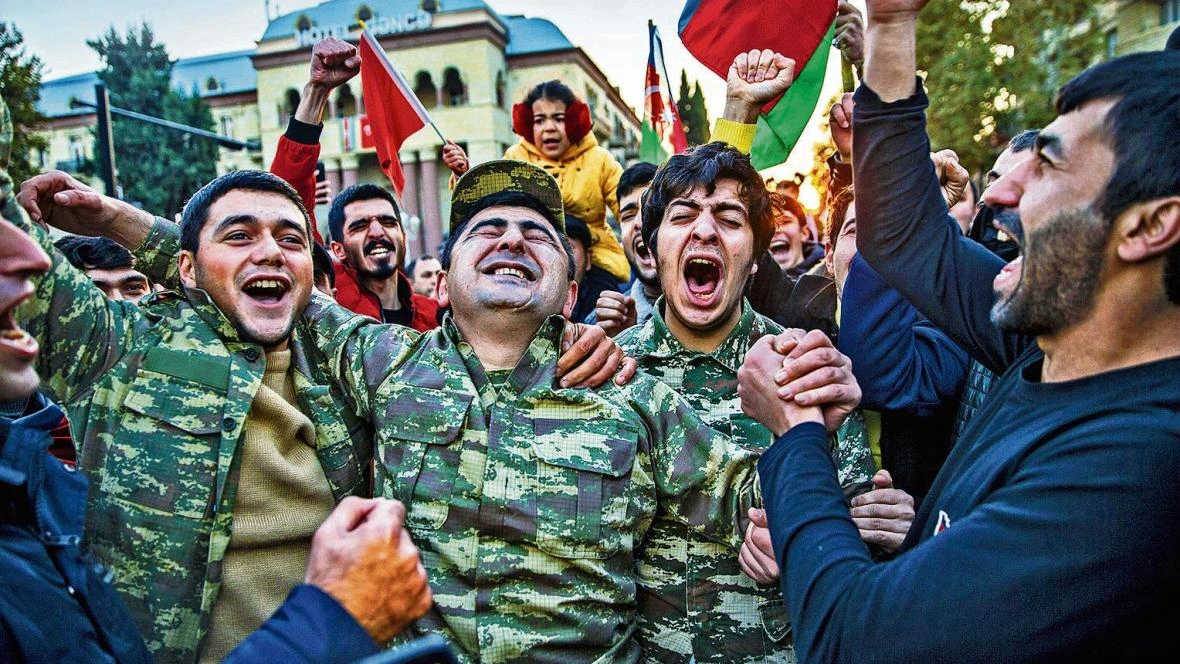Azerbaijani President Ilham Aliyev believes the South Caucasus is entering a “new era of peace.”
He spoke at the 74th International Astronautical Congress. Aliyev says Azerbaijan acted under the UN Charter in the Nagorno-Karabakh conflict.
Three years ago, Azerbaijan regained its lost territories. Last month, the nation fully restored its sovereignty.
The UN had issued four resolutions about Armenian forces leaving Azerbaijani land.
These resolutions stayed unenforced for 27 years. “We upheld them, paying with lives,” Aliyev stated.
Aliyev calls this recovery of territory unprecedented. “We’ve ended the conflict and upheld international law,” he added.

Azerbaijani forces launched “anti-terrorist actions” against the self-declared Republic of Nagorno-Karabakh on September 19. This led to its dissolution.
Armenian leaders plan to dissolve Artsakh, another name for Nagorno-Karabakh, by January 1, 2024.
Tens of thousands of Armenians have left via the Lachin corridor. Azerbaijani officials reopened this route on September 24 after nine months.
The Armenian government confirms that 100,514 people have relocated to Armenia. Prior to this exodus, nearly 120,000 people, mostly Armenians, lived in Nagorno-Karabakh.
Background Nagorno-Karabakh
The announcement by President Aliyev marks a significant shift in the geopolitics of the South Caucasus.
It comes after decades of tension and conflict, mainly revolving around the Nagorno-Karabakh area.
In emphasizing adherence to UN resolutions, Aliyev aims to establish international legitimacy for Azerbaijan’s actions.
This raises the question of how the global community will respond.
However, the departure of almost the entire Armenian population from Nagorno-Karabakh indicates ongoing ethnic tensions.
Their exodus raises human rights concerns, likely attracting scrutiny from global organizations.
The reopening of the Lachin corridor could be seen as a step toward normalization.
Yet, the long-term stability of the South Caucasus remains uncertain, given the complex historical conflicts and ethnic divisions in the region.

